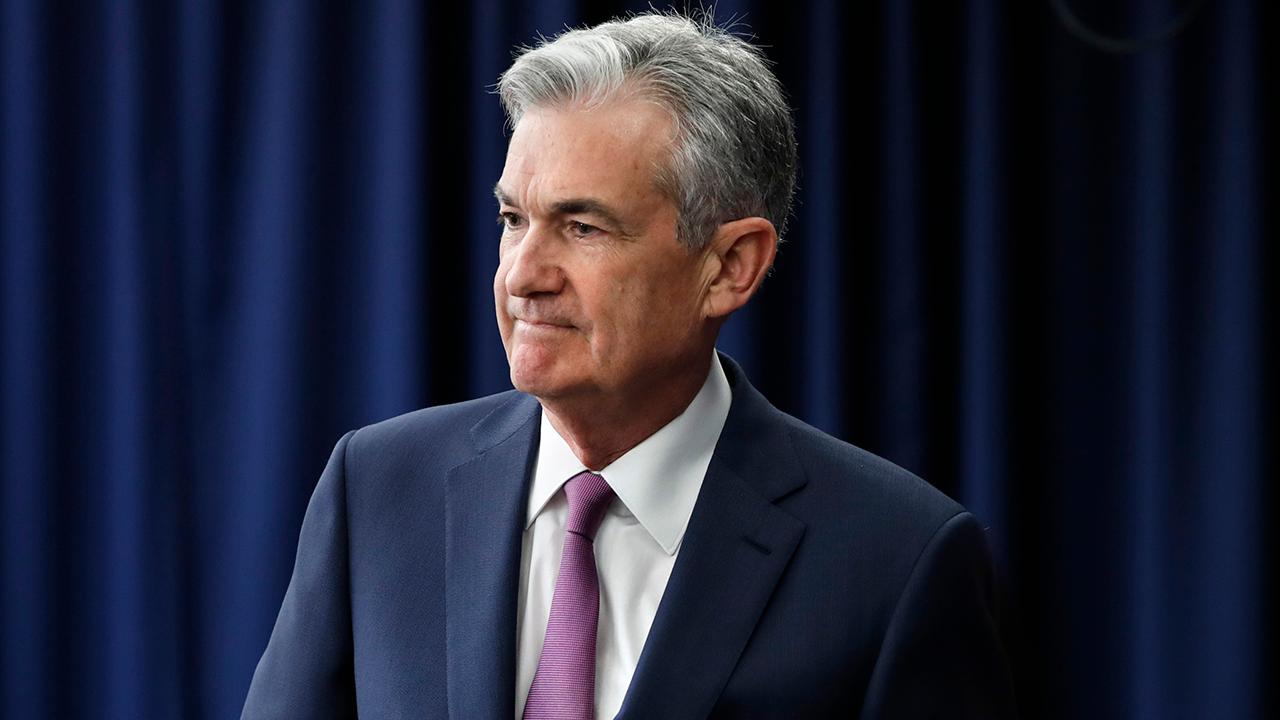Sluggish wage growth puzzling, Fed’s Powell says
The U.S. economy is strengthening, the unemployment rate is declining and employers can’t find enough qualified applicants to fill open jobs – so why aren’t wages growing?
Turns out, not even Federal Reserve chair Jerome Powell knows the answer to that question.
Powell called the situation “a bit of a puzzle” during a press conference following the FOMC’s two-day policy meeting on Wednesday.
“I certainly would've expected wages to react more to the very significant reduction in unemployment that we've had, as I mentioned from 10% to 3.8%,” he said. “In a world where we're hearing lots and lots about – about labor shortages, everywhere we go now we hear about labor shortages, but where's the wage reaction?”
While the unemployment rate hovers near multi-decade lows, real average hourly earnings for all employees rose just 0.1%, to $10.75, between April and May, according to the Bureau of Labor Statistics. Year over year, average hourly earnings were flat.
For employees in production or “nonsupervisory” roles, average hourly earnings actually decreased by 0.1% year-over-year.
As Powell also mentioned, a slew of industries are struggling to find qualified workers – including both the construction and trucking industries – which should, in theory, drive salaries higher.
The Fed has partially attributed sluggish wage growth to low productivity, or value added per hour on the job, and suggests the situation could stabilize with continued economic growth.
However, there could be an additional challenge for workers in the form of inflation, which the Fed announced this week was finally closing in on the central bank’s 2% objective. Over the near term, however, inflation may exceed the Fed’s target level thanks to rising oil prices.
When factored into the earnings equation, inflation takes a bite out of gains for workers.
Powell declined to comment Wednesday on whether a record level of stock buybacks among companies would translate into higher wages for workers, but maintained he thought the administration’s fiscal policy would boost the overall economy.




















